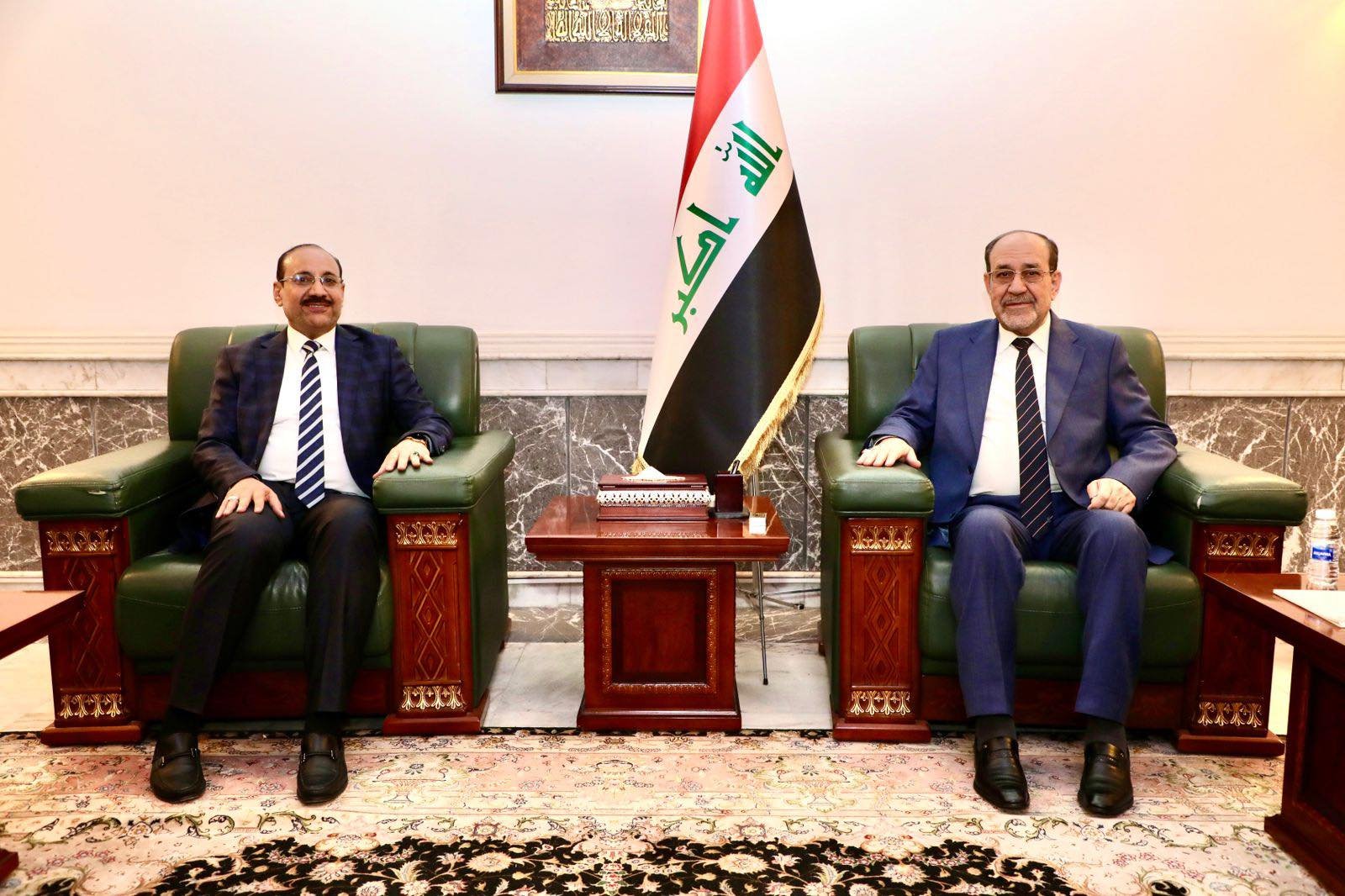Maliki-Backed Candidate Wins Baghdad Governorship in Early Test Ahead of November Elections

In an early contest ahead of the November elections, the candidate backed by Nouri al-Maliki, the primary Shia rival to current Prime Minister Mohammed Shia al-Sudani, secured the Baghdad governorship over al-Sudani’s preferred candidate. The position became contested following intra-Shia political friction.
Context: The Baghdad Provincial Council selected Atwan Atwani, a leader in the State of Law Coalition and head of the Finance Committee in the Iraqi Parliament, as the new Governor of Baghdad. The competition pitted Maliki’s candidate, Atwani, against al-Sudani’s choice, Zulfiqar Samer Fayyad, a Provincial Council member.
Analysis: While Abdul Muttalib Alawi, another Maliki-backed candidate, had already won the Baghdad governorship in February 2024, this latest contest carries greater significance as it unfolds amid deepening intra-Shia divisions and ahead of November’s parliamentary elections, where Maliki and al-Sudani are emerging as principal rivals.
The path to this election involved considerable drama. Iraqi President Latif Rashid approved Alawi’s dismissal this past Saturday, marking the second time he was forced into early retirement. The Provincial Council had previously removed him on July 3rd, replacing him with Haider Mohan, who belonged to Maliki’s State of Law Coalition but acted independently—a move that resulted in his expulsion from the coalition.
Baghdad Provincial Council
What makes this latest contest particularly noteworthy is that it pitted two establishment-backed candidates against each other in a head-on clash—one representing Maliki’s camp, the other al-Sudani’s. Atwani’s victory suggests that Maliki still enjoys the cohesion and backing needed to maintain control over key positions, despite past internal missteps. This outcome serves as an early morale boost for Maliki’s camp as the race for the premiership intensifies.
Atwani’s previous role as head of the Finance Committee adds another layer of significance. He was viewed as relatively conciliatory toward the Kurdistan Regional Government (KRG) in fiscal disputes—an issue that will likely play into the positioning of both Maliki and al-Sudani, as each seeks to project competence and leadership on complex national matters.
The rivalry is especially potent because Maliki and al-Sudani hail from the same political and social background: both emerged from the Dawa Party, Iraq’s oldest Shia Islamist party, which historically appealed to the educated middle and upper-middle classes of the Shia population. Their overlapping support base means they are effectively vying for the same pool of voters, unlike figures such as Muqtada al-Sadr, whose appeal is rooted in a different social and religious constituency—generally less affluent and less formally educated. This overlap intensifies the competition between Maliki and al-Sudani, while limiting their ability to draw voters from the Sadrist base. However, factions like Asa’ib Ahl al-Haq, whose roots trace back to Sadr’s Mahdi Army, may have more crossover appeal to segments of that demographic.
Maliki’s Baghdad victory, though largely symbolic, demonstrates his continued ability to maintain crucial alliances as Iraq approaches elections where post-election coalition-building will prove decisive in determining the next prime minister.









